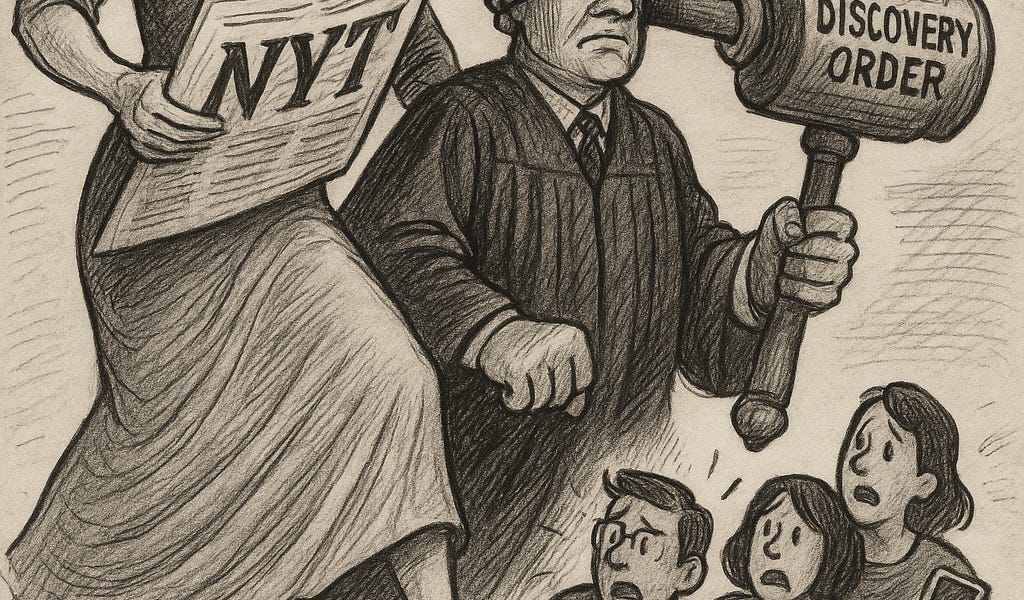Court dismisses Gombe ex-councillors' entitlement suit
The Bauchi Division of the National Industrial Court (NIC) has dismissed a lawsuit by 114 former councillors seeking entitlements from the Gombe State Government, citing a lack of evidence and merit.
The presiding judge, Mustapha Tijjani, ruled on Wednesday that the claimants, led by Umaru Ahmed, failed to provide evidence to substantiate the legitimacy of their office.
“The law is clear: in claims for special damages, a claimant must both plead with precision and provide convincing evidence in support. The Claimant’s inability to meet this standard is decisive.
“Courts do not award relief based on mere allegations or speculative assertions; litigants must furnish the court with all necessary evidence to validate their claims,” the judge said.
Mr Ahmed, alongside 113 others, approached the court seeking payment of accumulated severance, gratuity, and furniture allowances upon expiration of their tenure, which spanned between 25 February 2013 and 25 February 2015.
They alleged that the Gombe State Government paid 25 per cent of their total severance in N64.9 million but failed to pay the outstanding 25 per cent of the entitlements.
However, the defendants comprising the state government, Governor Inuwa Yahaya, and the Commissioner for Local Government and Chieftaincy Affairs, argued that the claimants were merely appointed for two years and their appointment was declared null and void by the High Court of Gombe State.
Furthermore, the defendants’ counsel asserted that the governor had already approved the payment of 50 per cent gratuity to the claimants, with an additional 25 per cent approved during the pendency of the suit.
The defendants’ counsel argued that the former councillors had failed to show they were validly elected into their offices and urged the court to dismiss the suit for lack of evidence.
Siding with the defendants, the judge ruled that the claimants failed to establish their entitlement claims.
He said they should have pleaded the precise legal or contractual basis of their entitlement with supporting documents that conferred such financial benefits.
The judgement by the court indicates compliance with the order of the Supreme Court in July that granted autonomy to local governments.
Before the judgement by the Supreme court, councillors were handpicked by state governors, a process that failed to ensure democratic governance at the local government level and breached the provisions of the constitution.
Section 7 of the Constitution of the Federal Republic of Nigeria states that the system of the local government must be run by elected local government councils.
While the claimants’ case was dismissed due to their inability to prove valid election and the nullification of their appointments, the proceedings, nonetheless, highlighted the diminished absolute control governors could exert over local governments.












